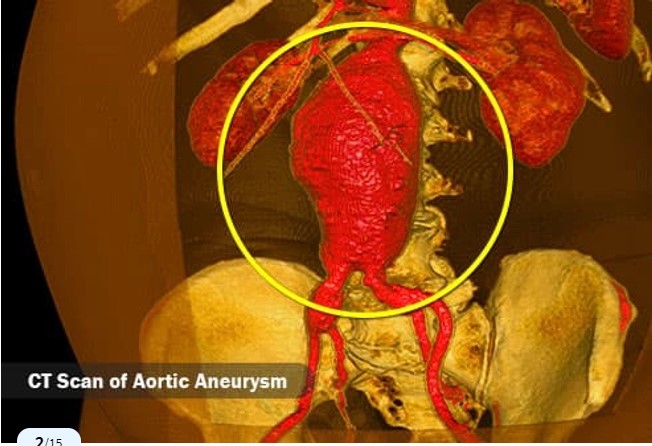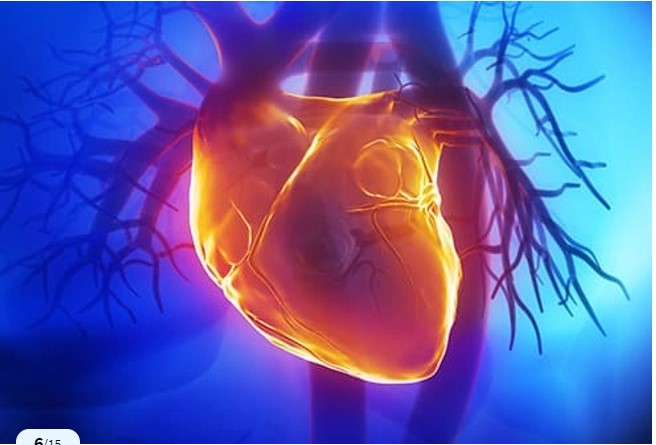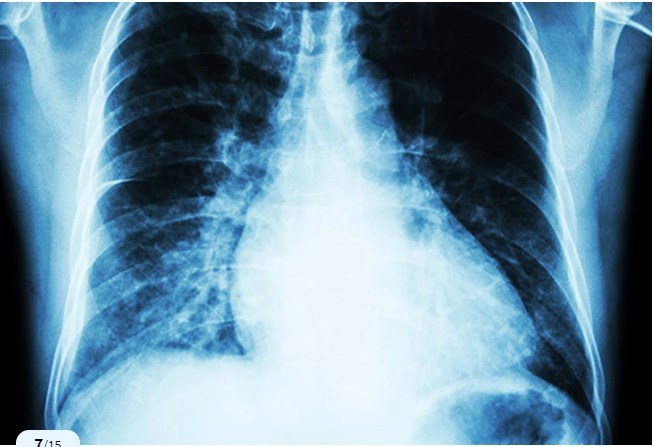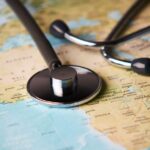Damaged Highways Your highways must be strong, elastic, and smooth so that blood can fluently move from your heart and lungs to other organs and apkins. High blood pressure, or HBP, pushes too hard on your roadway walls. This damages the inside and causes fat, aka” shrine,” to make up. That shrine makes your highways stiffer and narrower, so they can not do their job as well.

aneurysm That is when the pressure pushes part of the roadway wall out and weakensit.However, it can drain into your body and that can be serious, If it breaks. It can do in any roadway, but aneurysms are most common in the aorta that runs along the middle of yourbody.However, you can develop an aneurysm indeed if you do not have high blood pressure,

Coronary roadway complaint( CAD) CAD occurs when shrine builds up in an roadway near your heart. This slows blood inflow, which can beget casket pain or a strange twinkle( called an arrhythmia). A complete blockage can beget a heart attack

Heart attack When enough shrine builds up, or a lump of it comes off, to fully block an roadway to your heart, it can beget a heart attack. The blockage causes the heart muscle to lack oxygen and nutrients. That can hurt or destroy it. You generally feel pressure or pain in your casket, but occasionally in your arms, neck, or jaw. It may be delicate to breathe and you may be dizzy or squeamish. Call 911 if you have any of these advising signs.

Peripheral artery disease (PAD)
15/5
PAD is like CAD, but it affects blood vessels further away from the heart, such as those in your arms, legs, head, or stomach. You may have pain or cramping in your legs, which is common when walking or climbing stairs. It can also make you feel tired. The pain may go away when you rest and return when you move. If left untreated, PAD can cause more serious problems such as stroke, ulcers, and loss of circulation in the legs, which can lead to amputation.

Heart failure
15/6
High blood pressure can cause your arteries to narrow. Over time, that can cause your heart to work harder and become weaker. Eventually, it becomes so weak that it cannot supply enough blood to the rest of the body. This is heart failure.
open heart

open heart
7/15
As it works harder to move blood around, your heart muscle thickens. As a result, your whole heart becomes bigger. The larger it is, the less able it is to do its job, which means your tissues may not be getting the oxygen and nutrients they need.

Stroke
15/8
High blood pressure is the leading cause of stroke. There are two types:
Hemorrhage: A weakened artery bursts in the brain.
Ischemia: A lump or “clot” of plaque becomes loose and interferes with blood flow to brain cells.
Part of your brain begins to die when it doesn’t get enough blood. This can hurt your ability to think, move, speak, and see. For symptoms, remember FAST:
Face drooping?
Weak hands?
Speech problems?




